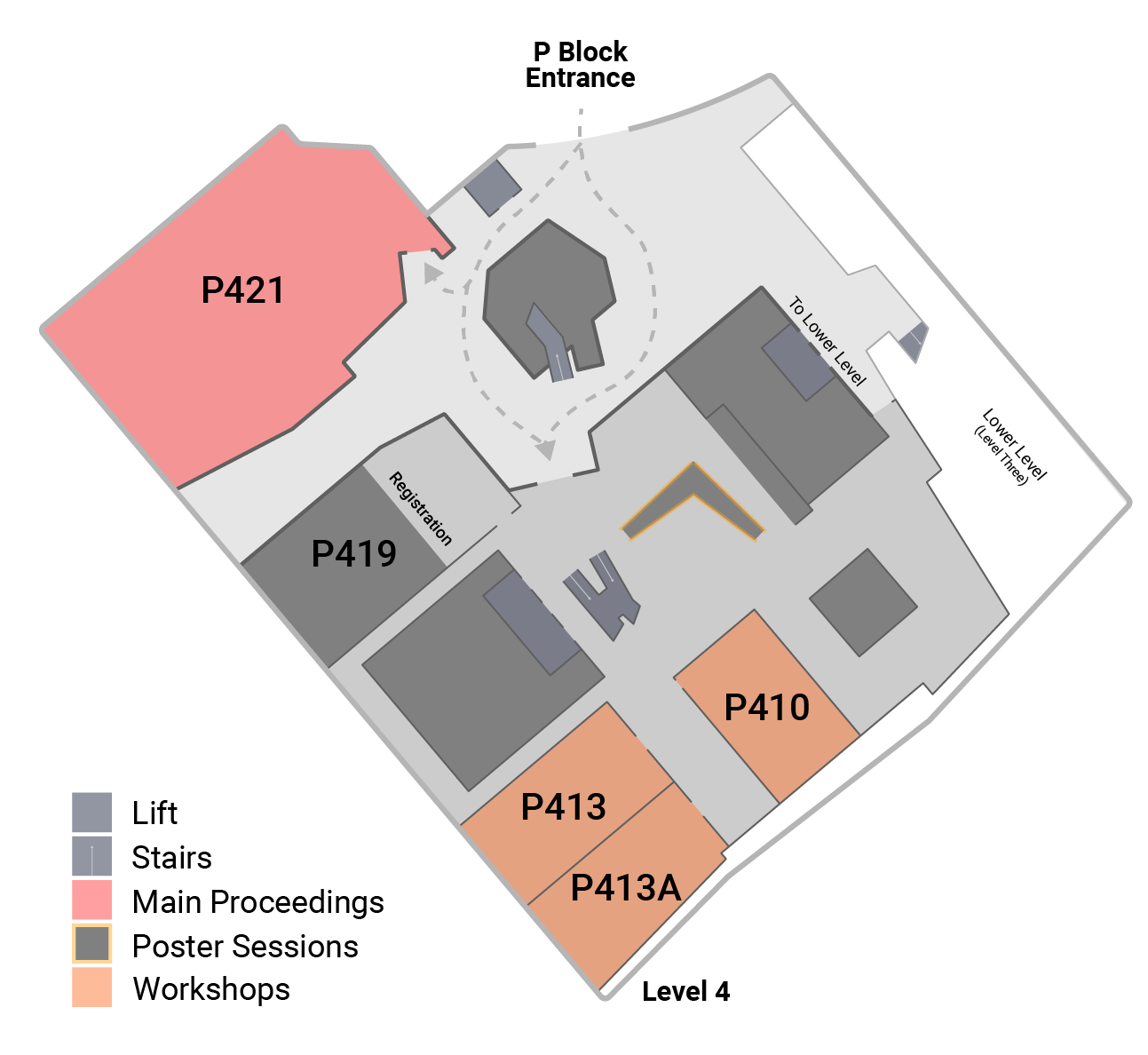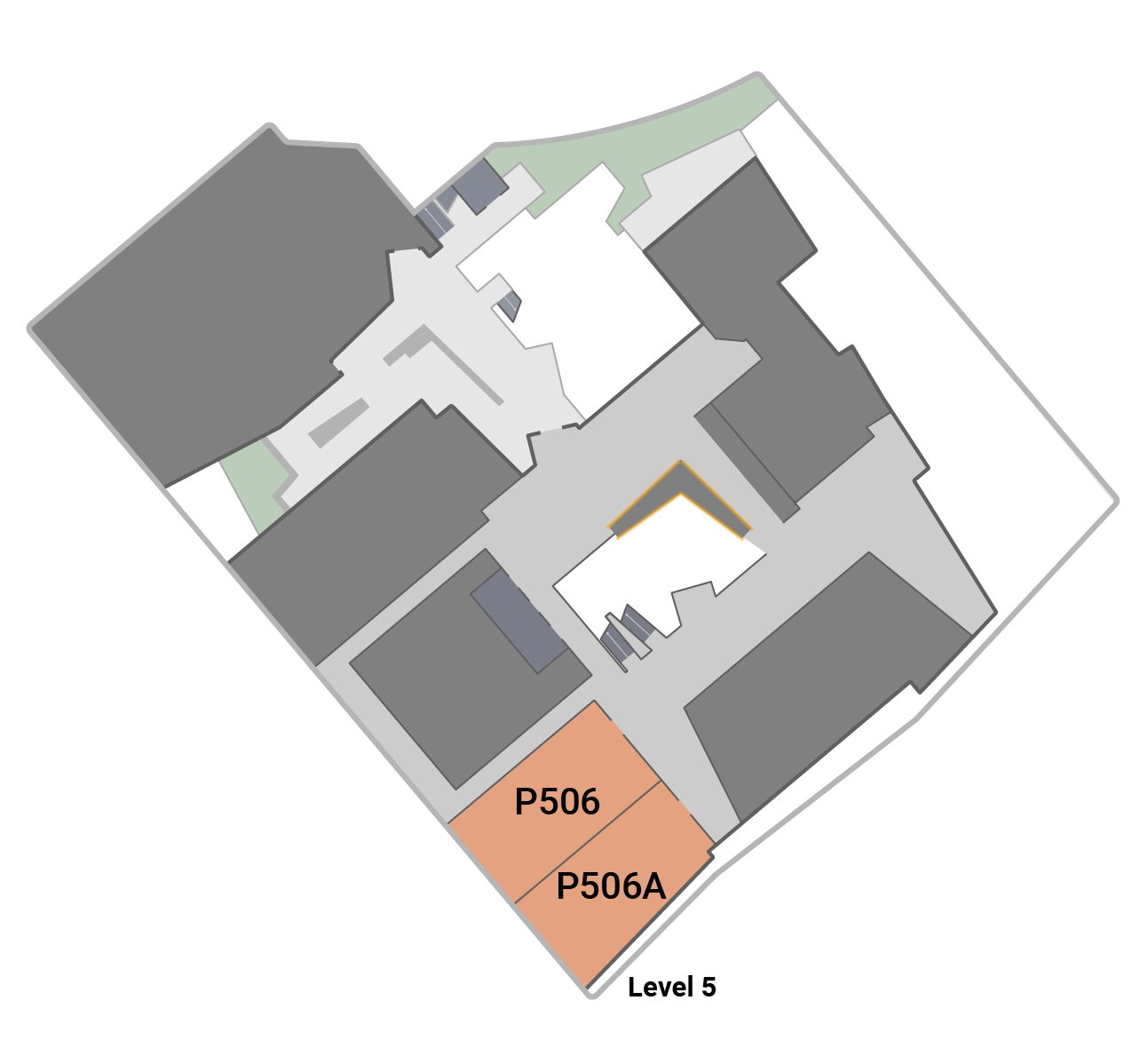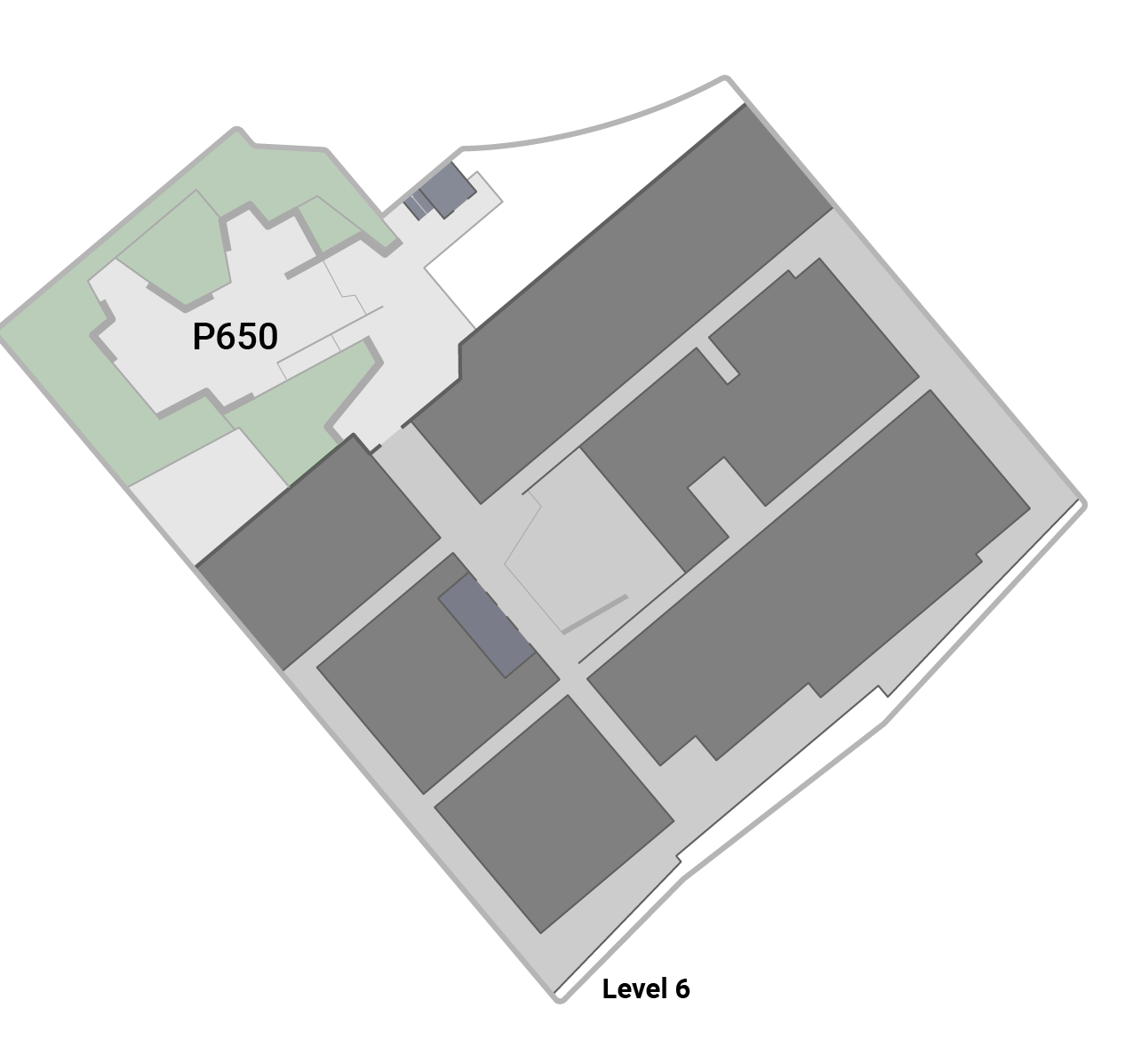Monday: Workshops
PROGRAM:
WORKSHOPS AND TUTORIALS
WORKSHOP SCHEDULE
- 4 workshops in the morning: 08:30 – 12:30
- 3 workshops in the afternoon: 13:45 – 17:45
Everyone who registers for the full conference can attend the workshop and tutorial sessions for free.
Date & Location
Date: September 22, 2025
Location:
QUT Gardens Point P-Block
Gardens Point Rd, Brisbane City QLD 4000
08:00 – REGISTRATION OPEN
Location: QUT Gardens Point P-Block
08:30 – 12:30 MORNING WORKSHOPS
10:30 – 11:00 COFFEE BREAK
W1 (Morning) – 1st Workshop on Exploring the Potential of XAI and HMI to Alleviate Ethical, Legal, and Social Conflicts in Automated Vehicles
As high-level, automated vehicles (AVs) become more present on our roads, resolving ethical, legal, and social implication (ELSI) conflicts in decision-making is a complex challenge. To possibly find solutions to such challenges, this workshop explores how Explainable AI(XAI), and Human-Machine Interfaces (HMIs) can improve transparency and increase trust, particularly in ambiguous situations. We propose a scenario-based workshop that invites participants to reflect on decision-making, expectations for explanations, and possible communication through HMI. Outcomes of this workshop will be the first step to meaningfully add XAI to ensure human-centered decisions of AVs.
Organisers
Krishna Sahithi Karur, Andreas Riener, Ignacio Alvarez, Philipp Wintersberger, Jeongeun Park, Seul Chan Lee
Room
P413
W2 (Morning) – The Future of In-Car Applications – How can Data & AI personalize the User Experience?
As in-car applications evolve, the potential to personalize the user experience through data and AI is becoming a key focus in automotive research. This workshop will explore how real-time data from sensors, user preferences, and behavioral insights can be leveraged to create individual in-car experiences. Current trends in AI-driven personalization, including voice assistants, adaptive interfaces, and predictive algorithms, will be discussed. Participants will dive into challenges such as privacy, data security, and user acceptance, while also exploring new possibilities for enhancing the in-car experience. Through interactive discussions and hands-on case studies, this workshop aims to uncover innovative ways to use AI and data to enrich automotive user interfaces.
Organisers
Marco Wiedner, Dominik Kratky, Euiyoung Kim, Emilio Frazzoli
Room
P413A
W3 (Morning) – What makes a ready driver? A deep dive into the measurement and validation of readiness estimation for driver monitoring systems of partially automated (SAE level 2) vehicles
Recent regulations and Euro NCAP requirements enforcing the inclusion of driver monitoring systems (DMS) in vehicle fleets have substantially increased the demand for a better understanding of how driver state changes during automated driving, and how this can be accurately measured. The term “readiness” is commonly associated with the likelihood of a successful recovery of manual control from vehicle automation and used as a proxy for determining driver state during SAE Level 2 automation. However, the implementation of a unified holistic metric to predict drivers’ state has faced several challenges. For example, there is a lack of consensus on how readiness is defined and measured, as well as an absence of systematic validation protocols. To address this gap, this workshop will facilitate a discussion about the challenges and potential solutions regarding driver readiness measurement and validation, discussing the practicalities for implementation in DMS products.
Organisers
Rafael Cirino Gonçalves, Courtney Michael Goodridge, Jorge Pardo, Amélie Reher, Jonny Kuo, Audrey Bruneau, Natasha Merat
RoomP505 P506
W5 (Morning) – Shaping In-Vehicle Behaviours through Activity-Centered Design
In today’s fast-paced society, most individuals commute either by personal vehicle or public transportation. User preferences and requirements are crucial, with design playing a significant role. The nature of design should be such that it is both inclusive and assimilative, and its purpose is to propel innovation and progress while also improving the quality of life of the user. That is why a general focus was given to the user-centered design approach while developing vehicles, especially, cabin (cockpit) design. With prioritizing the user activities, it is interesting to explore how users’ experience and behavior vary through the application of different design approaches. Nevertheless, existing literature has significantly overlooked the impact of design approaches on “human activity”. Therefore, the main objective of the workshop is to examine the relationships between activity-centered design and user behavior.
Organisers
Ankit R. Patel, Pnina Gershon, Azra Habibovic, Fjollë Novakazi, Sakura Akahoshi, Areen Alsaid, Kyungjoo Cha
Room
P506A
13:45 – 17:45 AFTERNOON WORKSHOPS
15:15 – 15:45 COFFEE BREAK
W6 (Afternoon) – The UnScripted Trip: Fostering Policy Discussion on Future Human–Vehicle Collaboration in Autonomous Driving Through Design-Oriented Methods
The rapid advancement of autonomous vehicle (AV) technologies is fundamentally reshaping paradigms of human–vehicle collaboration, raising not only an urgent need for innovative design solutions but also for policies that address corresponding broader tensions in society. To bridge the gap between HCI research and policy making, this workshop will bring together researchers and practitioners in the automotive community to explore AV policy directions through collaborative speculation on the future of AVs. We designed The UnScripted Trip, a card game rooted in fictional narratives of autonomous mobility, to surface tensions around human–vehicle collaboration in future AV scenarios and to provoke critical reflections on design solutions and policy directions. Our goal is to provide an engaging, participatory space and method for automotive researchers, designers, and industry practitioners to collectively explore and shape the future of human–vehicle collaboration and its policy implications.
Organisers
Xinyan Yu, Julie Stephany Berrio Perez, Marius Hoggenmüller, Martin Tomitsch, Tram Thi Minh Tran, Stewart Worrall, Wendy Ju
Room
P413
W4 (Afternoon) – Ensuring Rigor in Systematic Reviews: Lessons from Healthcare to Develop Risk-of-Bias Assessment Tools for Transportation Human Factors
W8 (Afternoon) – Measuring Passengers’ Comfort and Perceived Safety in Automated Driving: Good Practices and Challenges
Passenger comfort and perceived safety, as two psychological states, are crucial for user acceptance of automated driving. The accurate measurement of these passenger states contributes to human-centred designs for automated vehicles and developing predictive models for providing personalised settings. However, practical challenges and best practices are rarely discussed in the literature. This workshop aims to address this gap by creating a forum to synthesise current practices and explore novel, effective measurement approaches. The session includes expert talks on subjective, objective, and model-based measurement methodologies, and interactive breakout sessions. Participants will critically evaluate existing methodologies and design future multi-modal strategies, including incorporating artificial intelligence (AI). The workshop will produce numerous outcomes, including the collaborative development of a research outlook and a methodological paper for knowledge sharing.
Organisers
Chen Peng, Pavlo Bazilinskyy, Yueteng Yu, Natasha Merat
RoomP410 P413A
W9 (Afternoon) – Sustainable by Design: A Workshop on Life-Cycle-Aware Future Mobility
In this workshop, we invite researchers, designers, and practitioners to explore together how life-cycle thinking can contribute to the design of intelligent, sustainable mobility solutions. While current research primarily focuses on making the usage period of such solutions more sustainable, we aim to take a broader perspective by integrating sustainability from the earliest design stages through to the end of the vehicle’s life. Therefore, we will use speculative and critical design thinking to inspire and explore challenges as well as opportunities concerning sustainability at every stage of the life-cycle, from Design and Production to Usage, and End-Of-Life. Next, we will lead an ideation and prototyping session, followed by an interdisciplinary discussion reflecting on how intelligent technology can promote sustainable mobility. The outcomes will include potential design ideas and future research directions for incorporating life-cycle considerations into future mobility solutions.
Organisers
Melanie Berger, Patrick Ebel, Andreas Riener, Ignacio Alvarez, Philipp Wintersberger, Shadan Sadeghian
Room
P506A
17:45-18:00 Transfer
18:00-20:00 Reception @ QUT Room Three Sixty
Location: Room Three Sixty, Y Block
- Cold
-
- Rare sealed beef fillet, crisp polenta, parsnip velvet, balsamic pearls (gf)
- Fava bean, pea millefeuille, macadamia cream cheese, chervil (df vg)
- Farmhouse pork terrine, Figjam & Co mustard pickle, rye (df)
- Hot
- Byron Bay haloumi, prosciutto bruschetta, lemon anise myrtle (gf)
- Free range chicken croquette, cherry, kewpie (gf)
- Courgette, lemon myrtle arancini, native bush sambal emulsion (gf df vg)
- Substantial
- Slow Greek lamb pita pocket, tabbouleh, garlic yoghurt
- Char Sui duck breast, sprout salad, sesame kewpie, matcha bao (df)
(gf) = gluten free, (df) = dairy free, (vg) = vegan


